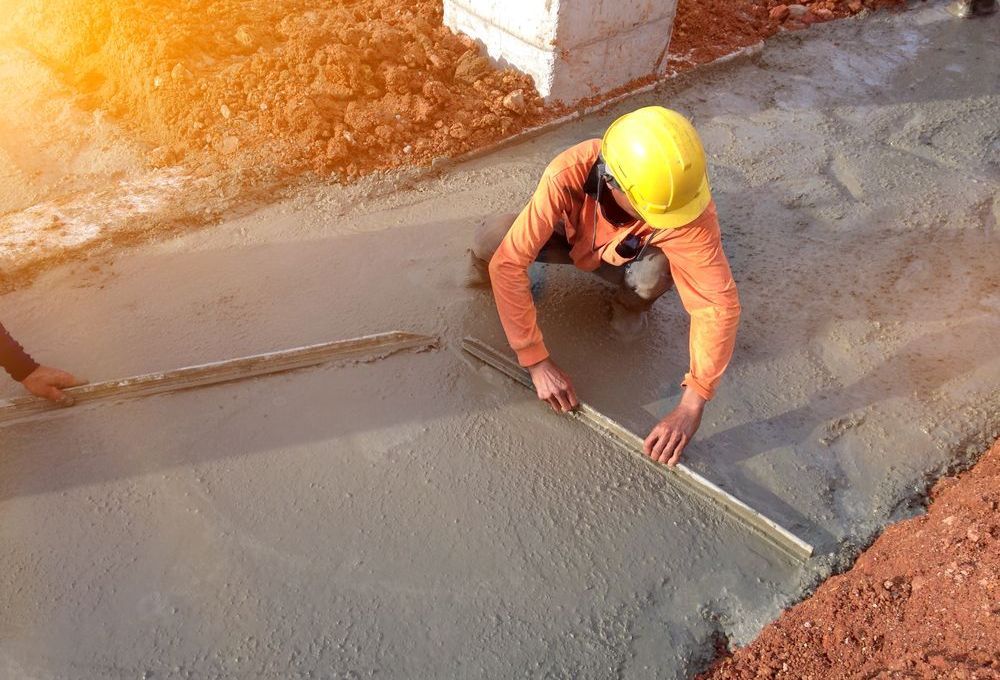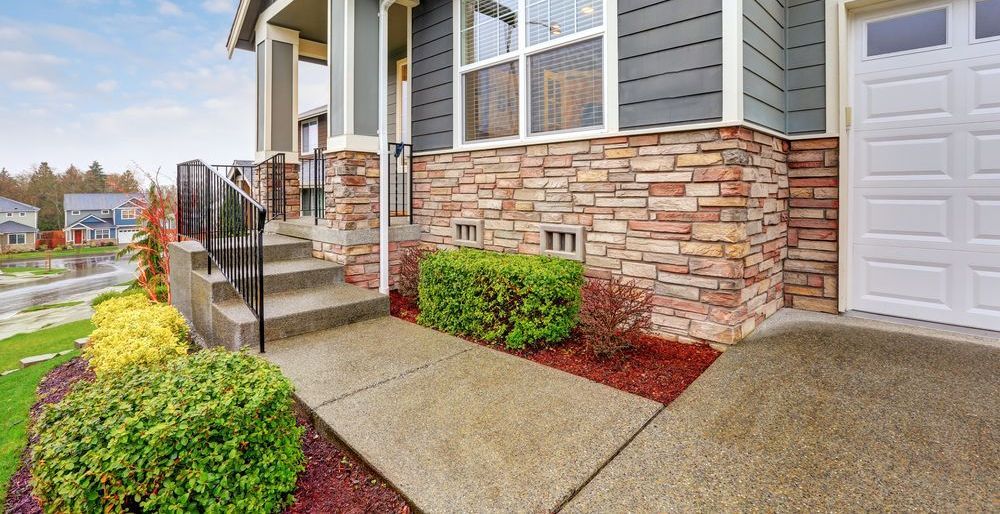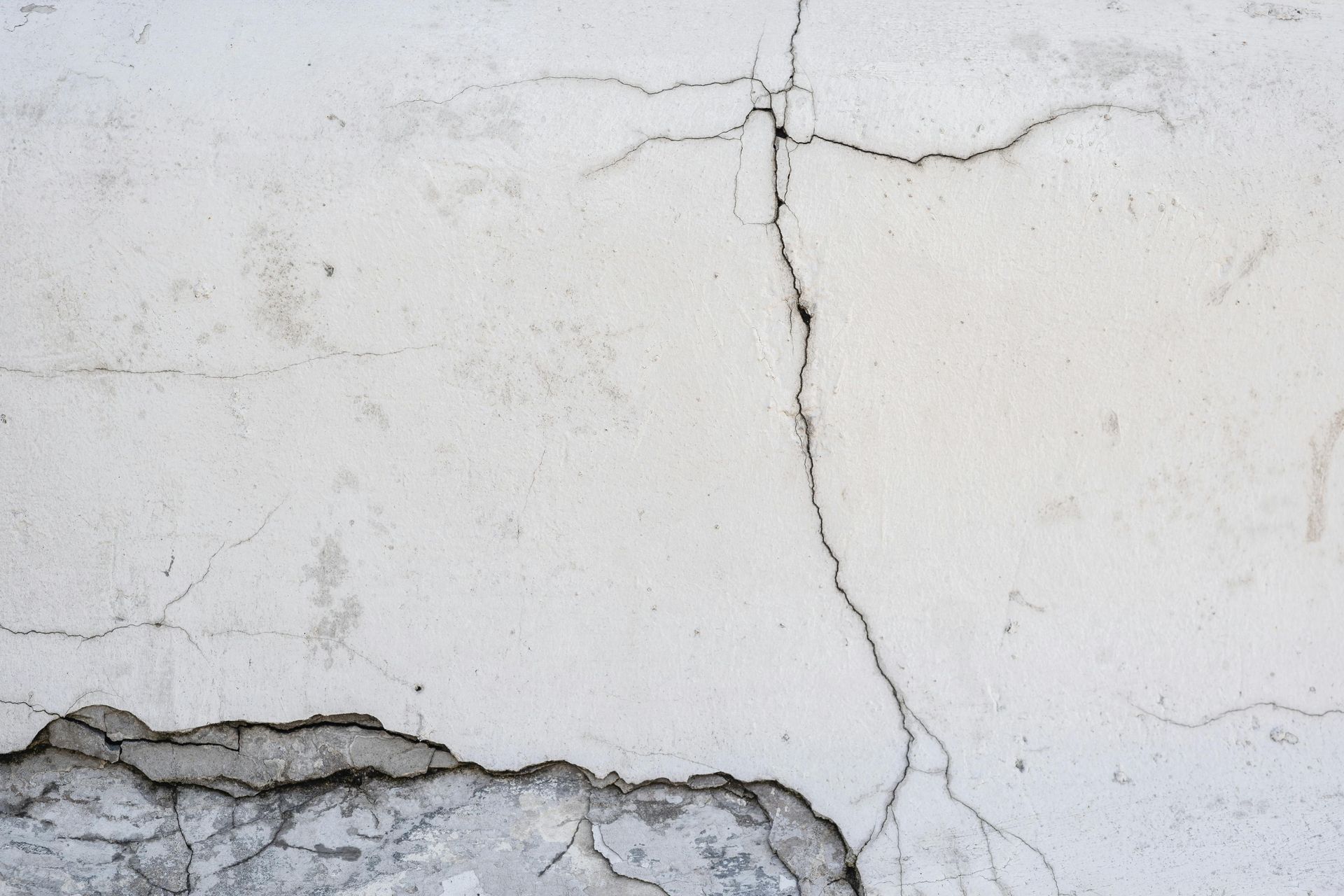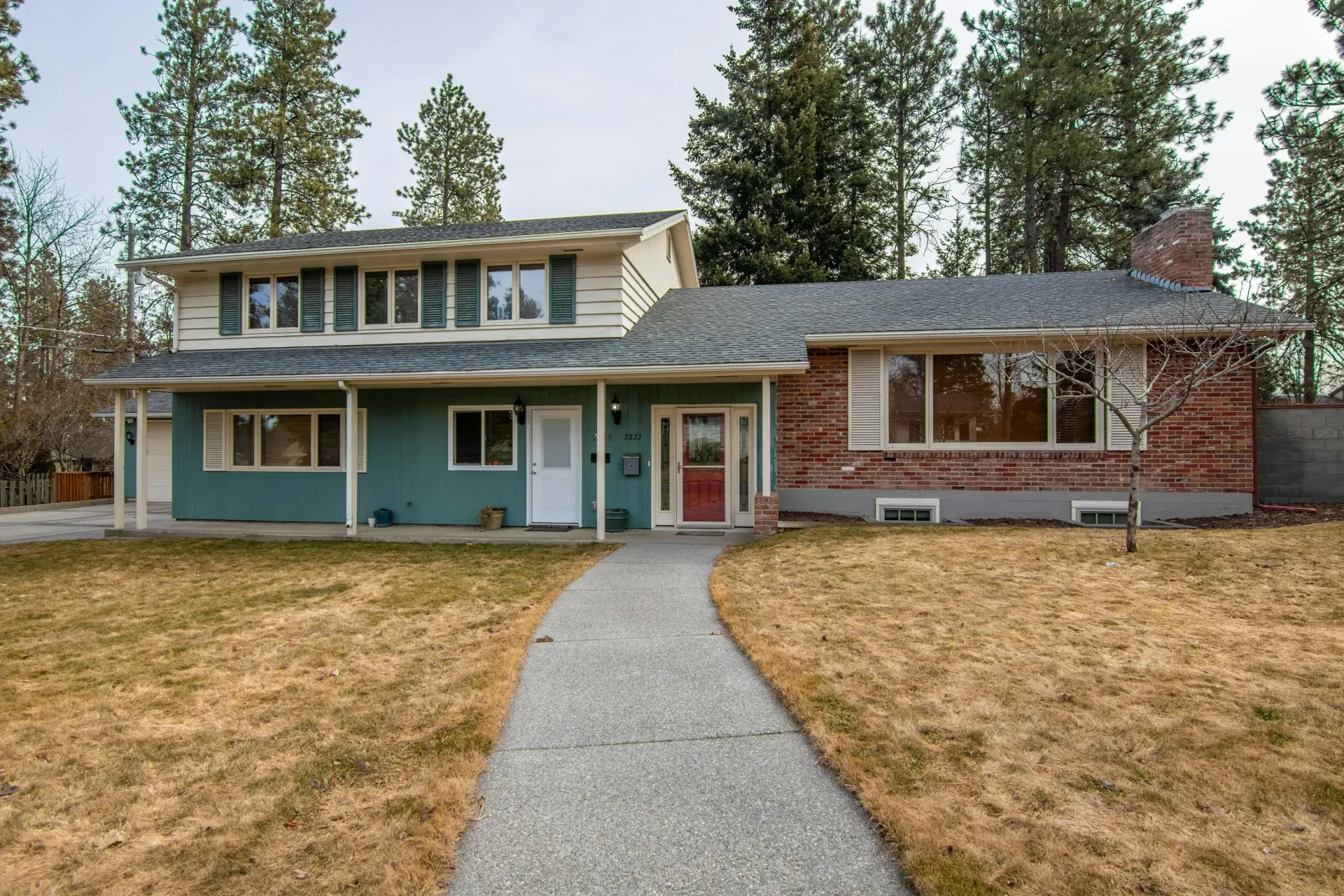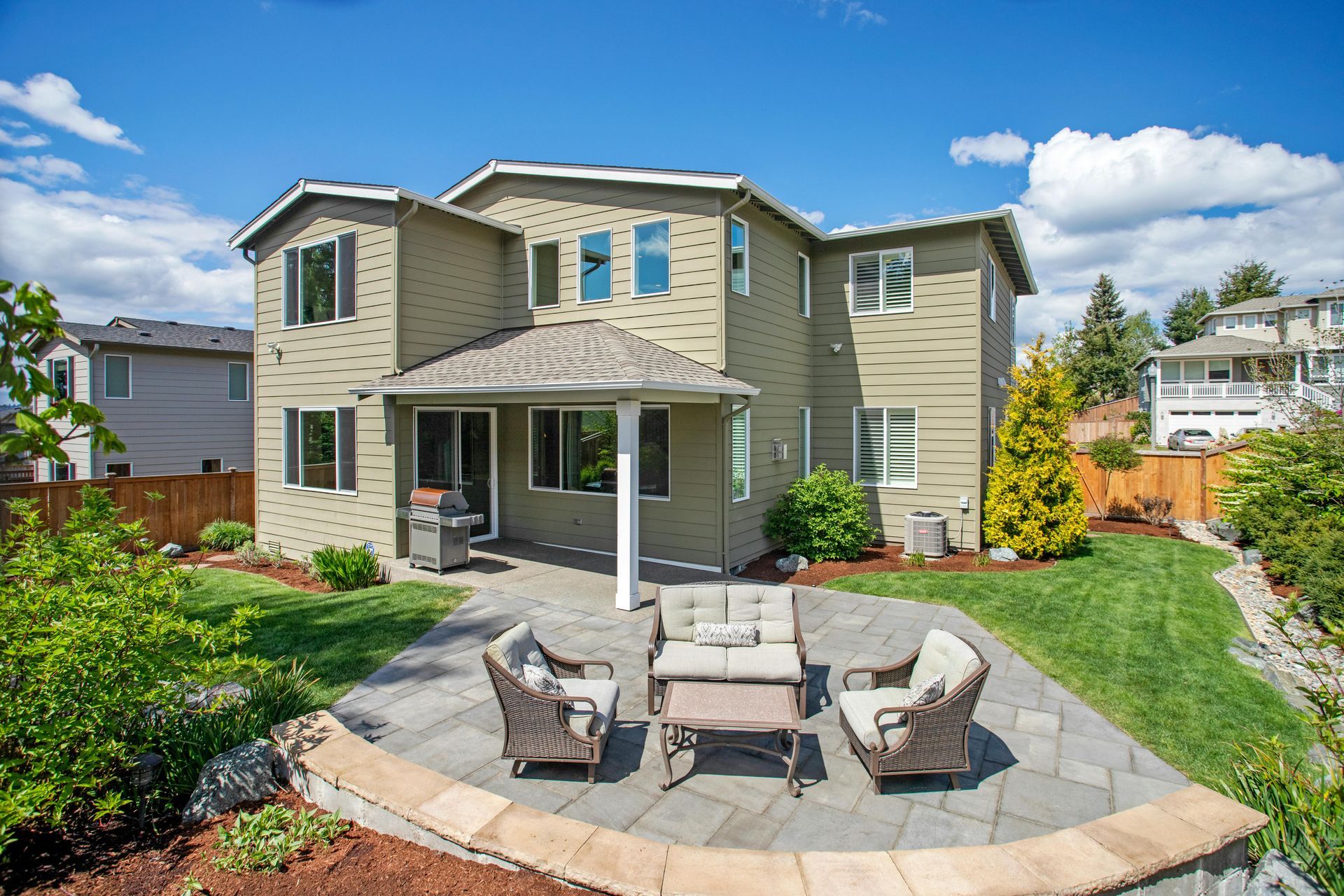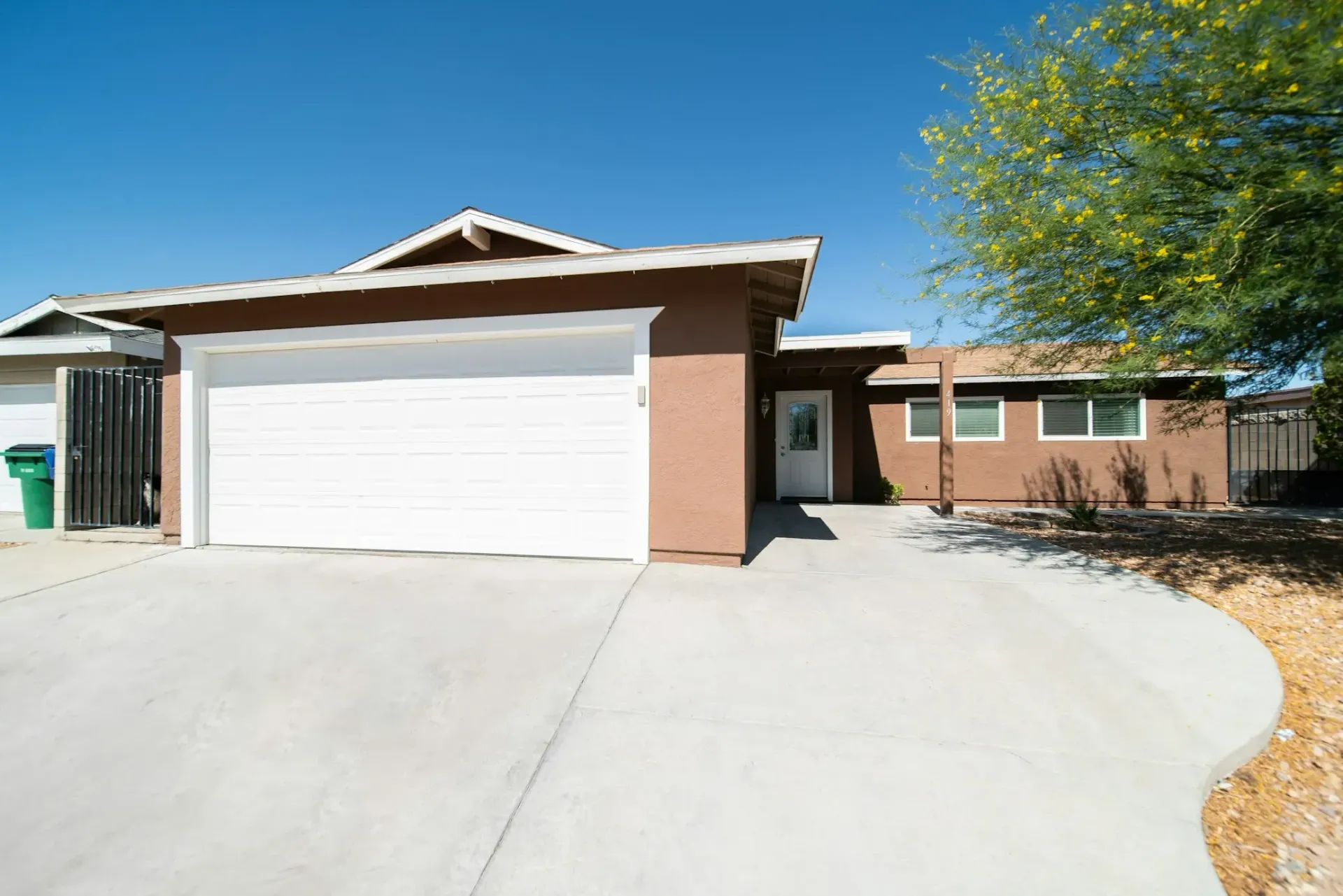Concrete vs. Asphalt Driveway: Cost Comparison

Is a Concrete Driveway Cheaper than Asphalt?
Concrete vs asphalt driveway cost—which one is better for your budget? If you’re a homeowner planning a new driveway or replacing an old one, choosing the right driveway material is a big decision. Concrete driveways and asphalt driveways both have their pros and cons, but they differ in price, durability, and long-term care.
In general, an asphalt driveway is cheaper up front—about $5 per square foot. A concrete driveway costs more, often around $15 per square foot, depending on location and finish. But when it comes to lifespan and durability, concrete offers a longer-lasting solution and may require less frequent repair. Concrete driveways are also less prone to cracking in warmer climates, while asphalt is more flexible and performs better in cold climates.
In this guide, we’ll explore the difference between asphalt and concrete, breaking down the concrete driveway cost, maintenance costs, and how often each needs a driveway repair. You’ll learn why asphalt is easier to repair but may need resurfacing every three to five years, while concrete needs less frequent maintenance than asphalt. By the end, you’ll know whether an asphalt or concrete driveway is the better fit for your home, your climate, and your wallet.
Cost Comparison of Concrete vs. Asphalt Driveways
Installation Costs
When it comes to installation costs, both concrete and asphalt driveways come with different price tags. Generally, asphalt is the cheaper option upfront. The average cost of installing an asphalt driveway ranges from $3 to $5 per square foot. This makes asphalt a popular choice for many homeowners looking to save money initially.
On the other hand, concrete driveways typically cost more. You can expect to pay around $5 to $10 per square foot for a basic concrete driveway. If you want something fancier, like stamped or colored concrete, the price can go even higher.
Why the Price Difference?
The price difference mainly comes from the materials and labor involved. Asphalt is made from a mixture of sand, stone, and a sticky substance called bitumen, which is less expensive and quicker to lay down. Concrete, on the other hand, requires mixing cement, water, and aggregates and takes longer to cure and set, which increases labor costs.
What to Consider
While asphalt might save you money initially, think about your long-term plans for the driveway. Concrete may cost more upfront, but it often lasts longer and requires less maintenance over the years. Asphalt might need more frequent repairs, which can add up over time.
Maintenance Costs
Concrete Driveway Maintenance
Concrete driveways are known for their durability and low maintenance needs. Once installed, concrete driveways generally require minimal upkeep. However, it's essential to keep them clean and seal them every few years to prevent cracks and stains. Sealing helps protect the surface from moisture, chemicals, and wear and tear.
The average cost for sealing a concrete driveway is about $0.50 to $2 per square foot. While this cost might seem low, it adds up over time, especially if you have a large driveway.
Asphalt Driveway Maintenance
Asphalt driveways need more frequent attention. They tend to develop cracks and potholes due to weather changes, heavy loads, and regular wear and tear. To keep your asphalt driveway in good shape, you should plan on sealing it every 1 to 3 years.
Sealing an asphalt driveway usually costs around $0.10 to $0.30 per square foot. Additionally, fixing cracks and potholes can be an ongoing expense, as they often require patching and resurfacing.
Longevity and Durability
Concrete driveways usually last 30 to 40 years, sometimes longer if they’re well-maintained. Asphalt driveways have a shorter lifespan, generally lasting 15 to 20 years. However, with regular maintenance and care, you can extend their life.
Key Takeaways
- Concrete: More expensive to install but requires less frequent maintenance. Typically lasts longer.
- Asphalt: Cheaper initially but requires more maintenance over time. Has a shorter lifespan but is easier to repair.
Pros and Cons of Concrete and Asphalt Driveways
Concrete Driveway Pros and Cons
Pros:
- Durability: Concrete driveways are known for their strength and can handle heavy vehicles without getting damaged easily. They can last for decades with proper care.
- Low Maintenance: Once installed, concrete requires minimal upkeep, saving you time and money in the long run.
- Aesthetic Appeal: Concrete offers various design options, including stamping, staining, and coloring, allowing you to customize the look to match your home's style.
Cons:
- Higher Upfront Cost: The initial cost of installing a concrete driveway is higher compared to asphalt.
- Susceptible to Cracking: While durable, concrete can crack over time, especially in areas with freeze-thaw cycles. However, these cracks are typically cosmetic and don’t affect the driveway’s overall strength.
- Longer Installation Time: Concrete takes longer to install and cure, which means it might be out of use for a while during the installation process.
Asphalt Driveway Pros and Cons
Pros:
- Lower Initial Cost: Asphalt is more budget-friendly at first, making it a popular choice for those looking to save money.
- Quick Installation: Asphalt can be installed and ready for use relatively quickly, usually within a few days.
- Easy Repairs: Asphalt driveways can be easily repaired. Small cracks and potholes can be patched up quickly without the need for professional help.
Cons:
- More Maintenance: Asphalt requires regular sealing and repairs to maintain its appearance and functionality.
- Shorter Lifespan: Asphalt generally doesn’t last as long as concrete, especially in areas with extreme weather.
- Less Aesthetic Variety: Asphalt has a more uniform appearance and fewer design options compared to concrete.
Summary
When deciding between concrete and asphalt, consider what matters most to you: upfront costs, maintenance, durability, and aesthetics. Concrete offers longevity and design flexibility but comes with a higher initial price. Asphalt is cost-effective and quick to install but requires more upkeep over time.
Factors Influencing the Choice Between Concrete and Asphalt
Climate Considerations
Weather plays a big role in deciding between concrete and asphalt. If you live in a place with hot summers and cold winters, both materials react differently.
- Concrete can handle high heat well but might crack in freezing conditions. It's ideal for areas with warm climates.
- Asphalt is more flexible and better suited for cold regions. However, it can get soft and sticky in extremely hot weather.
Aesthetic Preferences
Your driveway's look can impact your home's curb appeal. Here's how concrete and asphalt differ in terms of aesthetics:
- Concrete offers a range of design possibilities. You can choose different colors, textures, and finishes to match your style. Options like stamped concrete can even mimic the look of stone or brick.
- Asphalt has a more traditional, uniform black appearance. It may not offer the same design flexibility as concrete, but its simple look suits many homes.
Environmental Impact
If you’re concerned about the environment, consider the eco-friendliness of each option:
- Concrete production releases carbon dioxide, contributing to greenhouse gases. However, its long lifespan means fewer replacements over time, reducing its environmental impact.
- Asphalt is recyclable, and old asphalt can be reused in new projects. However, the production process involves bitumen, a petroleum product that can have environmental concerns.
Budget and Future Plans
Your budget and plans for your home also influence your choice:
- If you're looking for a more budget-friendly option with quicker installation, asphalt might be the way to go. It's especially practical if you're planning to sell your home soon and want a quick upgrade.
- For those planning to stay in their home long-term and willing to invest more upfront, concrete offers long-lasting value with less frequent maintenance.
Key Takeaways
- Climate: Concrete is suitable for all climates with proper care and installation.
- Aesthetics: Concrete offers extensive design options, adding significant value to your home.
- Environment: Concrete’s long lifespan reduces its environmental impact over time.
- Budget: Concrete provides long-term value, making it a wise investment.
- Grand Island, Nebraska: Concrete is recommended for its durability and aesthetic benefits, offering a lasting solution for your driveway needs.
Making the Right Choice for Your Home
Assessing Your Needs
Choosing the best material for your driveway involves thinking about various factors. Here are some points to consider:
- Consider Your Climate: While both materials have their strengths, concrete can be a great choice for Grand Island, Nebraska, especially with the right installation techniques. Its ability to withstand heavy loads and resist wear makes it suitable for both warm and cold climates.
- Think About Aesthetics: Do you want a driveway that enhances your home’s curb appeal? Concrete offers a wide range of design options, from stamped patterns to color variations, allowing you to create a custom look that matches your style and increases your property value.
- Evaluate Your Budget: While concrete may require a higher initial investment, its long-term savings are significant. With less frequent maintenance and repairs compared to asphalt, concrete is a cost-effective choice over time.
- Long-Term Plans: If you're planning to stay in your home for many years, investing in a durable concrete driveway makes sense. It not only looks great but also lasts longer, providing peace of mind and reducing the need for replacements.
Cost vs. Value Consideration
While asphalt might offer lower upfront costs, the value of concrete lies in its durability, aesthetics, and low maintenance needs. Investing in concrete is about more than just the initial price—it's about adding value to your home and ensuring a long-lasting driveway that requires minimal upkeep.
Why Concrete is the Best Choice for Grand Island
For residents of Grand Island, Nebraska, concrete is the best choice due to its:
- Durability: Concrete can withstand the region's freeze-thaw cycles with proper installation and maintenance.
- Aesthetic Flexibility: With a variety of design options, concrete can be customized to fit your home’s style.
- Long-Term Investment: Though initially more expensive, concrete offers long-term savings with less frequent repairs and a longer lifespan.
Key Takeaways
- Concrete: Ideal for those who value aesthetics, durability, and long-term savings.
- Design Options: Customizable to fit your home’s style and boost curb appeal.
- Investment: Provides significant long-term value with reduced maintenance costs.
Conclusion
Choosing the right material for your driveway is an important decision that can impact your home's appearance and value for years to come. Concrete driveways offer a range of benefits, including durability, low maintenance, and aesthetic versatility. While the initial investment might be higher than other materials, the long-term savings and enhanced curb appeal make concrete a wise choice for homeowners.
In Grand Island, Nebraska, where weather conditions can be challenging, concrete driveways are especially well-suited. Their ability to withstand freeze-thaw cycles, combined with the variety of customization options available, make them an ideal option for both new installations and replacements.
Ready to transform your property with a high-quality concrete solution?
Contact Maine Street Concrete today to discuss your project and receive a personalized quote. Let their expert team guide you in making the best choice for your home or business, and experience the difference that quality concrete work can make.
With a strong focus on delivering high-quality workmanship and personalized service, Maine Street Concrete offers a wide range of services, including:
- Concrete Driveways: Durable and long-lasting, perfect for your home.
- Concrete Walkways and Patios: Enhance your outdoor spaces with beautifully crafted paths and patios.
- Concrete Sidewalks: Safe, reliable sidewalks for your property.
- Retaining Wall Installation: Strong and stylish retaining walls to complement your landscape.
- Decorative Concrete: Customize your concrete surfaces with stunning designs and finishes.
- Commercial Concrete Services: Professional solutions for businesses looking to upgrade or expand.
- Residential Concrete Services: Tailored solutions for all your home improvement needs.
The team at Maine Street Concrete prides itself on meticulous attention to detail and a commitment to customer satisfaction. Their clean work sites and personalized approach ensure each project is completed to the highest standards!
Contact Information
© 2025 All Rights Reserved | Maine Street Concrete


